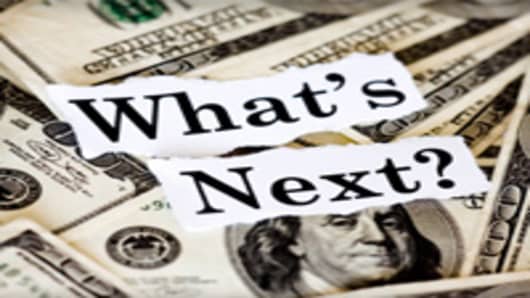While the U.S. economy has been relatively resilient in recent months, there are still a couple of policy areas which could derail its recovery, according to the chief executive of investment company Principal Global Investors.
“The U.S. economy is the fastest-growing in the developed world. It’s potentially sustainable growth provided we don’t see public policy hold it back,” Jim McCaughan, chief executive of Principal Global Investors, told CNBC’s “Squawk Box Europe.”
The two areas he highlighted as potential negatives are the so-called “fiscal cliff”—spending cuts combined with tax rises which could both come at the end of 2012—and the possibility of a third round of quantitative easing .
“If Congress doesn’t do something before the year-end we see a pretty major tax increase,” he said. The Congressional Budget Office warned last month that the U.S. economy could go in to recession in the first half of 2013 if both rising taxes and spending cuts come in at the same time.
Congress is likely to wait until after the U.S. Presidential electionbefore enacting any changes to the plans, he said.
A third round of quantitative easing (QE) by the Federal Reserve has been debated in the market ever since the second round last year.
“I’m hoping not to see QE3. I do not believe the US economy needs more liquidity. That would lead to higher commodity priceswhich would be bad for activity,” McCaughan said.
He pointed out that the current recovery, while the euro zone sank back into recession , had been driven by industries like technology, manufacturing and transportation equipment—which have a larger trickle through effect to the rest of the economy as they often use contractors for parts of their equipment.
Principal Global Investors predict that U.S. equitieswill end the year around 10 percent higher than now.
Others believe that U.S. stocks are overpricedafter the market has been boosted by corporate buying.



